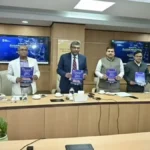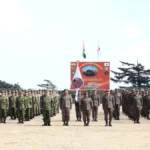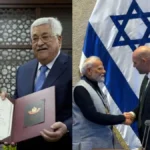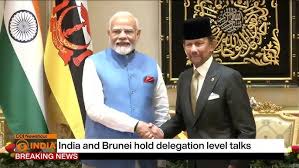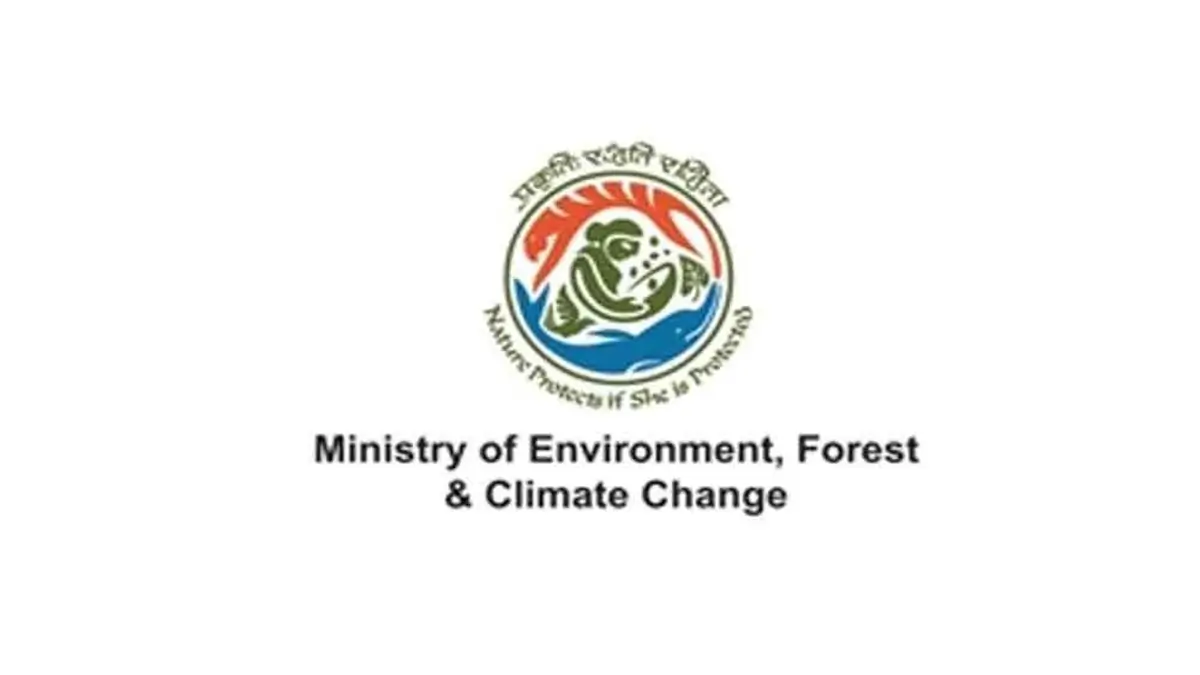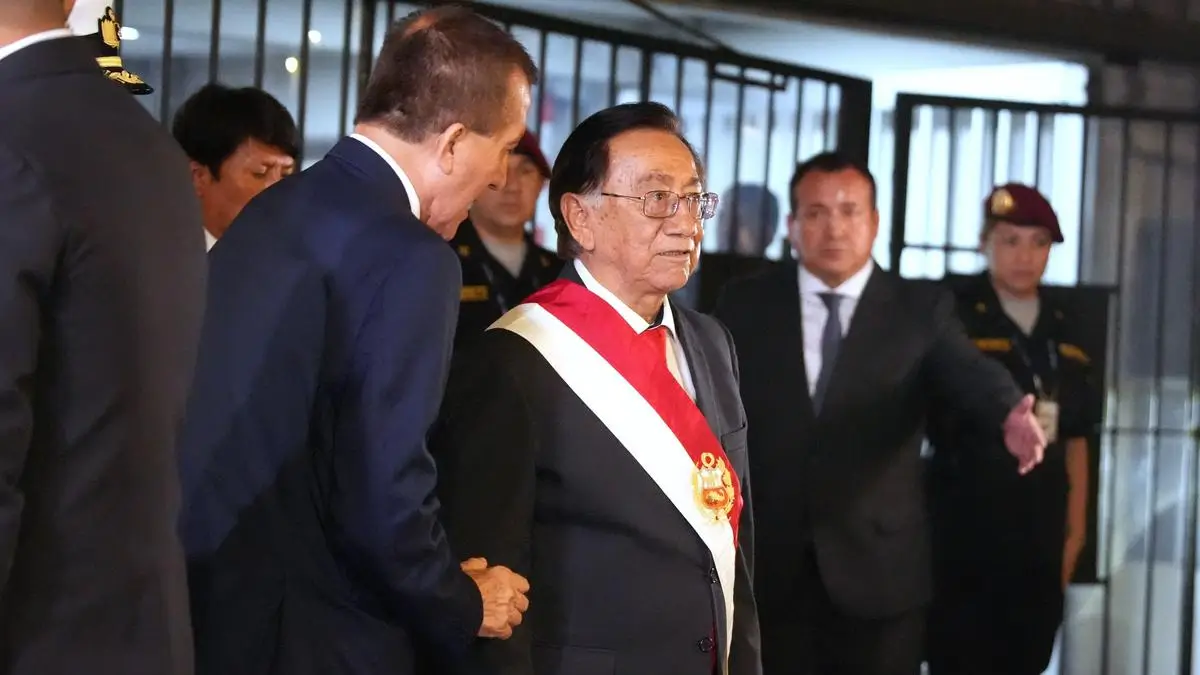Prime Minister Narendra Modi’s Historic Visit to Brunei
Introduction to the Visit
Prime Minister Narendra Modi’s recent visit to Brunei marks a significant milestone in India’s diplomatic efforts in Southeast Asia. The visit, which took place from [dates of the visit], underscores the strengthening ties between India and Brunei, reflecting both nations’ commitment to deepening their bilateral relations.
Key Highlights of the Visit
During his visit, Prime Minister Modi engaged in high-level talks with Brunei’s Sultan Hassanal Bolkiah. The discussions focused on enhancing cooperation in several critical areas including trade, defense, and education. The leaders signed a series of agreements aimed at bolstering economic partnerships and expanding cultural exchanges.
One of the key outcomes of the visit was the signing of a memorandum of understanding (MoU) on defense cooperation, which is expected to fortify security ties between the two nations. Additionally, both leaders expressed their commitment to boosting trade relations, with a focus on increasing investments and improving connectivity between India and Brunei.
Impact on Bilateral Relations
Prime Minister Modi’s visit is poised to enhance India’s strategic presence in Southeast Asia. The agreements and discussions held during the visit are expected to lead to increased economic collaboration and stronger defense ties. This visit also represents India’s continued efforts to foster relationships with key nations in the region, promoting stability and mutual growth.
Collaborative Initiatives
The visit also paved the way for collaborative initiatives in areas such as technology and education. Brunei’s growing interest in technological advancements aligns with India’s expertise in the field, creating opportunities for joint ventures and knowledge exchange. Educational partnerships are set to be expanded, providing more avenues for student and faculty exchanges between the two countries.

Why This News is Important
Strengthening Bilateral Relations
Prime Minister Modi’s visit to Brunei is significant as it underscores India’s commitment to enhancing its ties with Southeast Asian nations. Strengthening bilateral relations with Brunei, a key player in the region, aligns with India’s broader strategy to reinforce its presence and influence in Southeast Asia.
Economic and Strategic Partnerships
The agreements signed during the visit, particularly in defense and trade, have far-reaching implications for both nations. Enhanced economic and strategic partnerships will not only benefit India and Brunei but also contribute to regional stability and growth. This collaboration reflects India’s proactive approach to fostering strong international relationships.
Diplomatic Significance
This visit highlights India’s growing diplomatic engagement in Southeast Asia. By deepening ties with Brunei, India demonstrates its dedication to cultivating relationships with important regional partners, which is crucial for advancing its foreign policy objectives and strengthening its global standing.
Historical Context
Background of India-Brunei Relations
India and Brunei established diplomatic relations in [year of establishment]. Over the years, both nations have worked together to enhance their partnership across various sectors, including trade, defense, and culture. The recent visit by Prime Minister Modi is a continuation of this effort, reflecting a mutual interest in strengthening their bilateral ties.
Recent Developments
In recent years, India has intensified its engagement with Southeast Asian countries as part of its “Act East” policy. The visit to Brunei is part of this broader strategy to build robust partnerships in the region. Prior to this visit, India and Brunei have collaborated on several initiatives, including bilateral trade agreements and cultural exchange programs.
Key Takeaways from “Prime Minister Narendra Modi’s Historic Visit to Brunei”
| # | Key Takeaway |
|---|---|
| 1 | Prime Minister Modi’s visit to Brunei emphasizes the strengthening of bilateral relations between India and Brunei. |
| 2 | Significant agreements were signed, focusing on defense cooperation and economic partnerships. |
| 3 | The visit reflects India’s strategic interest in enhancing ties with Southeast Asian nations. |
| 4 | Collaborative initiatives in technology and education were discussed, paving the way for joint ventures. |
| 5 | The visit aligns with India’s “Act East” policy, highlighting its commitment to regional engagement. |
Important FAQs for Students from this News
1. What was the purpose of Prime Minister Narendra Modi’s visit to Brunei?
Prime Minister Narendra Modi’s visit aimed to strengthen bilateral relations between India and Brunei, focusing on enhancing cooperation in trade, defense, and education. It also involved discussions on signing agreements to boost economic partnerships and cultural exchanges.
2. What were the key outcomes of the visit?
Key outcomes included the signing of a memorandum of understanding (MoU) on defense cooperation, agreements to enhance trade relations, and initiatives for increased collaboration in technology and education.
3. How does this visit impact India’s foreign policy?
The visit reflects India’s strategic efforts to reinforce its presence in Southeast Asia as part of its “Act East” policy. It aims to foster stronger relationships with key regional partners like Brunei, contributing to regional stability and growth.
4. What agreements were signed during Prime Minister Modi’s visit?
During the visit, agreements were signed on defense cooperation and economic partnerships, focusing on increasing investments and improving connectivity between India and Brunei.
5. How does this visit align with India’s “Act East” policy?
The visit aligns with India’s “Act East” policy by strengthening ties with Southeast Asian nations, enhancing regional engagement, and promoting strategic and economic partnerships.
Some Important Current Affairs Links





